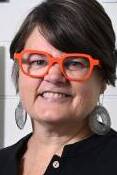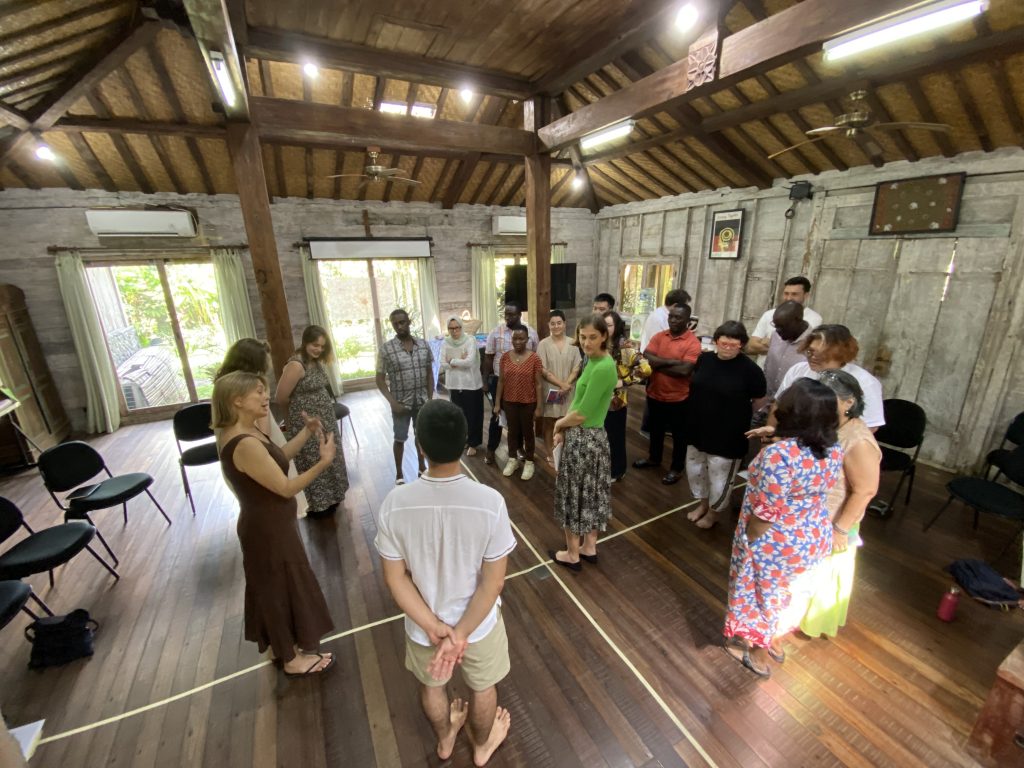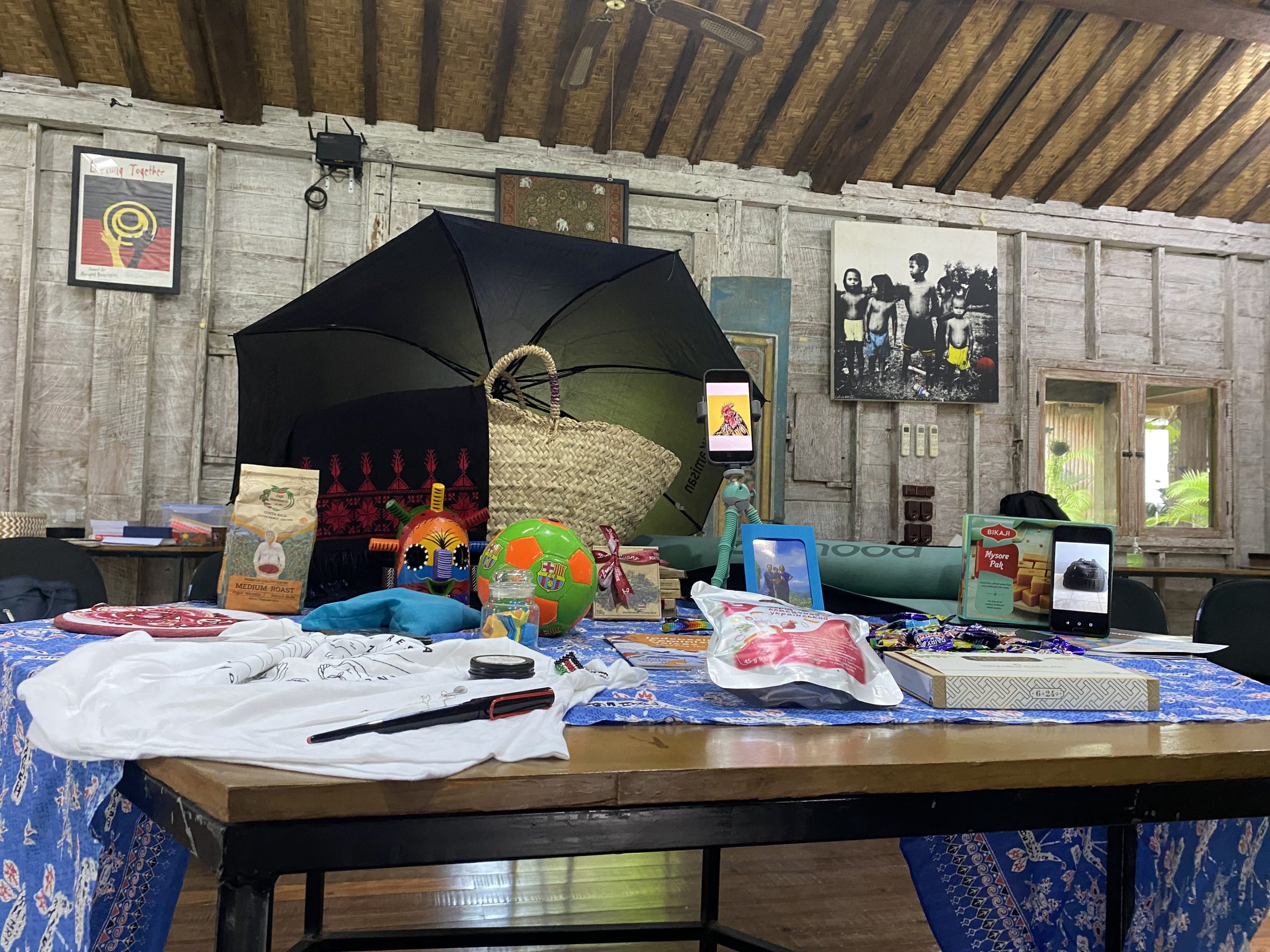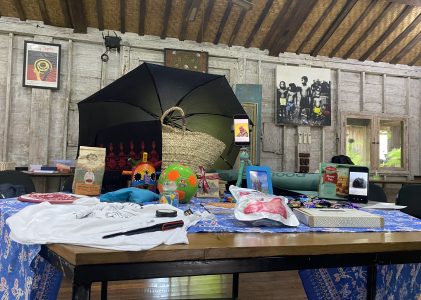
In July 2024, the Global Fund for Community Foundations (GFCF) extended their global reach to include Australia in the #ShiftThePower movement. I was fortunate enough to be invited to Bali to attend a 3-day meeting with 19 organisations from civil society around the world. Those in the meeting included people with leadership roles and others directly responsible for measurement in their organisations across 15 countries to work on finding ways to Measure What Matters.
I am new to the world of philanthropy but have spent the last 25 years managing and leading bi-lateral development programs in Indonesia. This experience made me acutely aware of the often top-down approach of measurement systems and the dominance of the donor voice in determining impact measures.
It could be asked why Australia would join this conversation but what I learned in this workshop was transformational. Over the three days, I heard my peers referring to Annual Reports as Learning Reports, beneficiaries referred to as grantees, assessors called enablers, and stakeholders as care holders. I realised that transformational change doesn’t have to be dramatic and that little steps can become big steps.
Because we were in Bali, I also took the opportunity on my last day to fit in a massage, for which the Balinese are famous. I decided the hour lying face down in quiet solitude would give me ample time to reflect on the workshop’s deliberations.
Calling an Annual Report a Learning Report may seem trivial, but the intention behind these lexicon changes is not.
The massage started off well with smiles and me choosing a medium strength over a hard one. The masseuse immediately put her forearm into action trying to flatten the flesh on my back like a baker rolling out a stubborn dough. It quickly became evident that the Balinese definition of ‘medium’ and my own were very different. I plucked up the courage to tell the masseuse that my back hurt, which she took to mean that she needed to go harder. It was at this point I realised the truth of my first reflection which is that:
Language and intention are very important.
Coming into the meeting, I wondered how I could translate my donor-driven skills into a philanthropic ecosystem. The fact is there is a lot of symbiosis. The defining factor in ensuring that measurement systems get the power locus right lies with intention.
People will say ‘good intentions’ are the reason the measurement world is in the mess it’s in – wasn’t it well-intentioned do-gooders who created this power imbalance in the first place? This is not the intention I am referring to. What I am referring to is the intent of measurement practitioners to put the community at the centre of their systems. Once we do this, and once the intention is internalised, then new ways of thinking become immediately possible.

How this intention is codified is through language – the language that my peers were using throughout the workshop put the locus of power in the hands of the community. Calling an Annual Report a Learning Report may seem trivial, but the intention behind these lexicon changes is not. Then suddenly the right language becomes very important. For the Balinese, if a massage hurts it means they’re doing a good job. For me, saying my back hurt meant they were going too hard. The intention was there, but language also matters.
As the Balinese masseuse moved to my legs, I marvelled at her technique of starting simultaneously at my ankle with one hand and my upper thigh with the other and then meeting with a startling collision of flesh at my knee. I asked her where she learned her technique as I cringed in pain. The masseuse told me this wasn’t the way she had been taught, but it was the way this spa insisted she do it. This shored up my second reflection that:
Making changes goes beyond the individual.
Making a shift of language and intention for the practitioners attending the meeting was a start, but changing the current paradigm in measurement needs discussion at higher levels, including at the organisational and system level. While Australian philanthropy may not be dependent on international donors, discussions must still be held with the executives, boards and with government. The Measuring What Matters meeting created a safe space to explore, question, and challenge the status quo. Following the workshop, all of us need to find ways of having the same discussions with decision-makers at other levels. If we don’t do this then there is a risk of ending up like my masseuse – knowing there is a better way but being powerless to do anything about it.
“It’s not the ‘what’, it is the how”… the way we use the measurement framework is more important than the framework itself.
The good news is that my masseuse ended up defying her spa directions and the front portion of my massage was far more relaxing that the back. This brought me to my last reflection which is that:
We don’t need to throw the baby out with the bathwater
During the meeting, I did question if I had to abandon my newly created theory of chain and programme logic for the Ballarat Foundation. The discussions were reaffirming that I didn’t need to start from scratch. If the intention to put community at the centre of measurement is there, if we build trust with the community we serve and have proximity to that community, then some traditional measurement frameworks can be effective. One of the quotes I took back was “it’s not the ‘what’, it is the how”. In other words, the way we use the measurement framework is more important than the framework itself.
With a new appreciation for the struggles of Balinese masseuse I am now returning to my own Foundation with a personal commitment to test what I have learned. I am also returning with the knowledge that I have a new network of resources from which I can draw, and this provides the most comfort of all.
Nina Fitzsimons is the Community Impact Manager at the Ballarat Foundation in Australia

